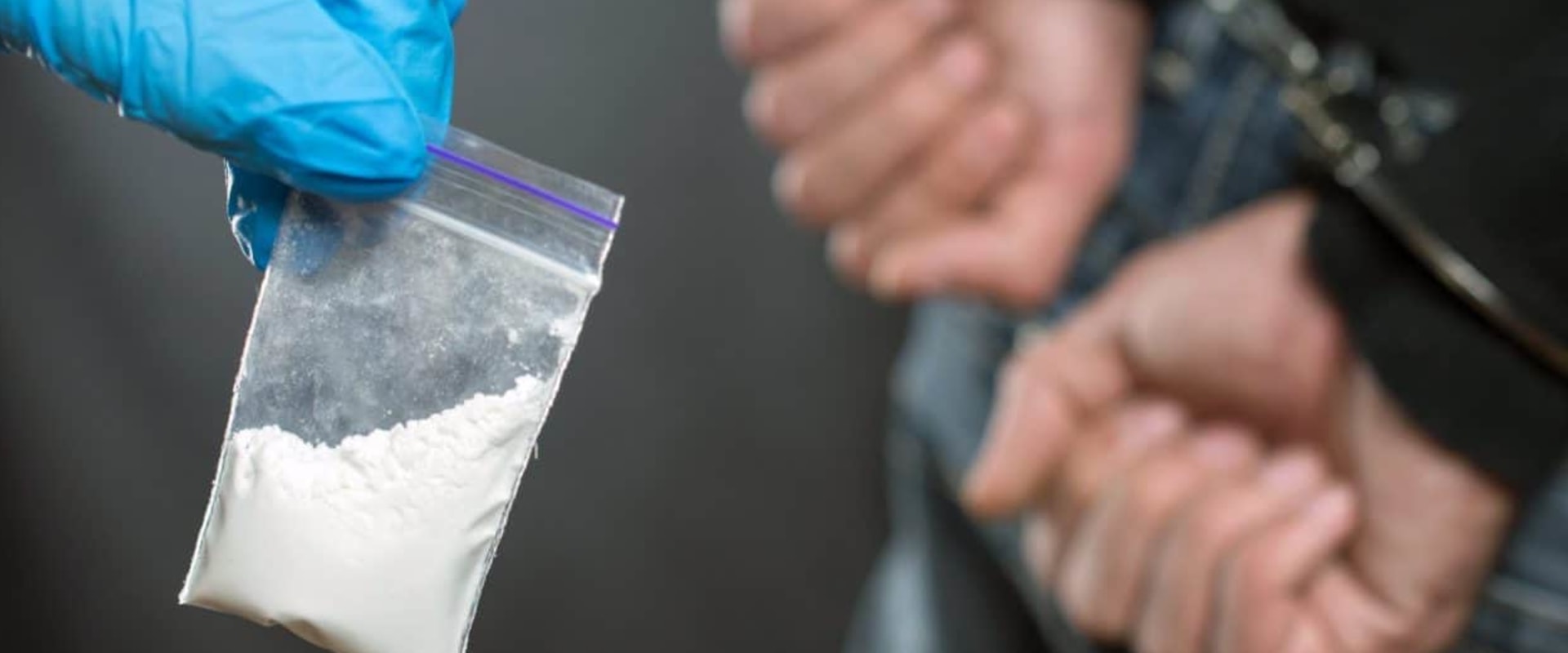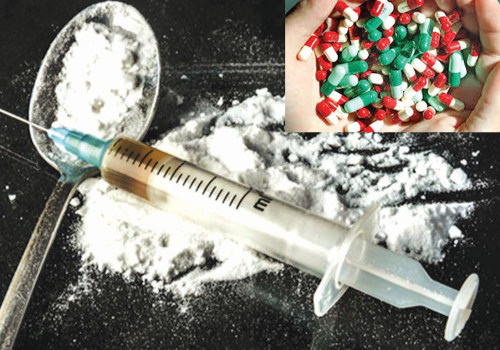Drug possession is a crime involving possession of an illegal substance. Actual possession means having the substance in your physical possession or control.
drug possession
is the crime of intentional possession of illegal substances, such as marijuana, cocaine, methamphetamine, or heroin. Drug possession accounts for more than 80 percent of all drug-related arrests in the United States, says Department of Justice.In addition, almost half of those arrests are for possession of marijuana. Partly because of law enforcement campaigns targeting these crimes, arrests for drug possession have nearly doubled in the past two decades. A person who knowingly has direct physical control over a thing, at any given time, is in real possession of it. Possession means that a person has personal and physical control over the illegal substance.
Courts have held that a person can have real or constructive possession of the drug. This means that a person has it in a pocket or in personal custody (actual possession), or that the person has control and access to the drug, for example, by having drugs in the glove compartment of a car, in a bag, or hidden in the home (constructive possession). Kerns, 831 N, W, 2d 149 (Iowa 201) explains very well the element of dominance and control with respect to what the State must prove to find a person guilty of constructively possessing a controlled substance. First of all, it's very important to note that the jury can infer actions; otherwise, someone could simply say they didn't have access to drugs and would be found not guilty.
Kerns states that, in the absence of actual possession, constructive possession requires that the person maintain control over drugs or have the right to control them, and this standard focuses on the ability to maintain control. We receive dozens of clients each year who enter the law firm with the charge of possession of a controlled substance. While simple possession is often a misdemeanor, possession with intent to distribute generally carries much harsher sentences. Drug trafficking may require proof of possession depending on how it is charged; in South Carolina state courts, most trafficking charges are based on possession, but they can also be proven by conspiracy without any proof of possession.
For example, two roommates could be convicted of possession if they shared an apartment where police found marijuana. Penalties for drug possession laws vary depending on the type of drug, amount, and geographic area of the offense. Laws often distinguish between the two based on the amount of drugs in a person's possession at the time of arrest, since large quantities of a drug suggest that the person intends to share it or sell it to others. Actual possession applies to those who have physical control of drugs at the time of discovery, such as someone who has drugs in their pocket.
A defendant can be convicted of possession of a controlled substance if the prosecutor can prove that the defendant had at least partial control over the drug. It has often been argued in this State that possession prohibited by drug laws need not be actual physical custody of the controlled substance; it is sufficient for the State to prove that the defendant has been in constructive possession of the contraband material by demonstrating that he was aware of its presence and the power and the intention to control their disposition or use. Neither person owns the marijuana and the officer accuses both parties of possession of marijuana. Therefore, if a husband gives his wife any medication for which she believes he has a prescription, when in fact he obtained it illegally, he would probably not be charged with possession because he believed the drug was legal.
In reality, a defense that someone did not know the substance was illegal is often difficult to prove, since people are supposed to have reasonable knowledge and understanding about the drugs and substances in their possession. For example, if drugs are found under the seat or in the trunk of a car in which you are traveling, and there is no evidence that you knew the drugs were there, you should be entitled to a direct verdict from the judge at the midpoint of your trial or to a jury instruction allowing the jury to acquit you based on a lack of evidence of constructive possession. To convict someone of illegal possession of a controlled substance, the prosecutor must prove that the defendant knowingly possessed the drug. .
.




